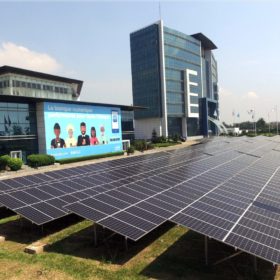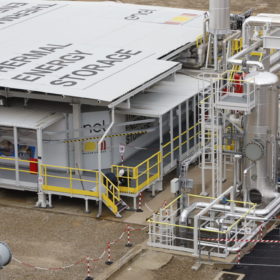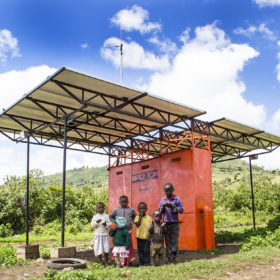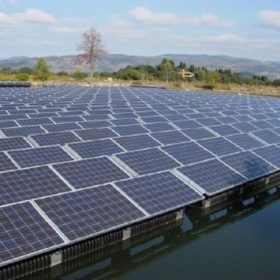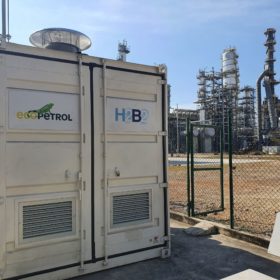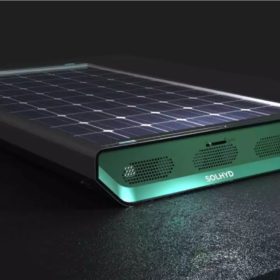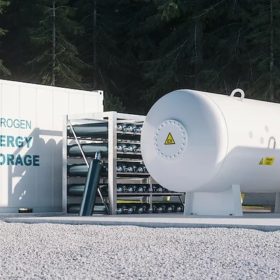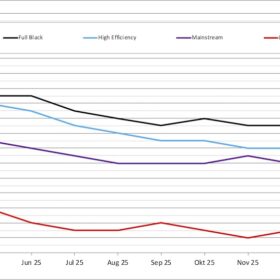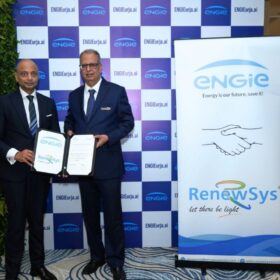India terminates solar cell anti-dumping probe
India’s Directorate General of Trade Remedies, an entity under the Ministry of Commerce and Industry, has terminated an anti-dumping probe into solar cells coming from China, Thailand, and Vietnam as domestic manufacturers withdraw the application.
ReNew Power setting up 2 GW solar cell, module fab in Gujarat
Developer ReNew Power plans to have 2 GW of solar cell and module production capacity operational by September.
Tipping point for African C&I solar
With installers who cater to African businesses making the headlines this year, Jasper Graf von Hardenberg – whose C&I solar business was recently bought by Shell – explains here how the story of the continent’s commercial and industrial (C&I) solar segment was far from an overnight success.
World’s first utility-scale, rock-based storage facility goes online in Italy
Enel is testing a 24 MWh thermal energy storage system that could be used for seasonal renewables storage. The facility uses rocks that store excess energy as heat, then releases that heat to generate steam for electricity.
International Solar Alliance launches innovation challenge in Africa
SolarX Grand Challenge aims to promote entrepreneurship and innovation and discover local solutions to meet the energy gap through solar energy solutions in the African region.
SJVN wins 83 MW floating solar project in Madhya Pradesh
The state-owned hydropower producer won the 83 MW floating solar project at a tariff of INR 3.70 ($0.046)/kWh, in a competitive auction conducted by REWA Ultra Mega Solar Ltd.
Addressing challenging terrains; optimizing production
Faced with undulating terrains, solar PV companies are leveraging modern technologies to achieve terrain flexibility across challenging sites to deliver unmatched efficiency improvement and bring production gains to solar projects.
GR Promoter Group forms green hydrogen JV with Spain’s H2B2
India’s GR Promoter Group has entered the green hydrogen market in a joint venture with Spanish hydrogen technology solutions provider H2B2. The JV will manufacture water-based electrolyzers and develop green hydrogen production plants based on off-taker agreements.
Hydrogen-producing rooftop solar panels nearing commercialization
KU Leuven researchers have developed rooftop panels that capture both solar power and water from the air. Like traditional PV modules, hydrogen panels are also connected, but via gas tubes instead of electric cables. The researchers are now preparing to bring the tech to the mass market via a spinoff company.
Erisha partners Germany’s Greenbox for green hydrogen business
Erisha E Mobility has formed a joint venture with Greenbox to manufacture a range of green hydrogen solutions by leveraging technologies developed by Greenbox.


